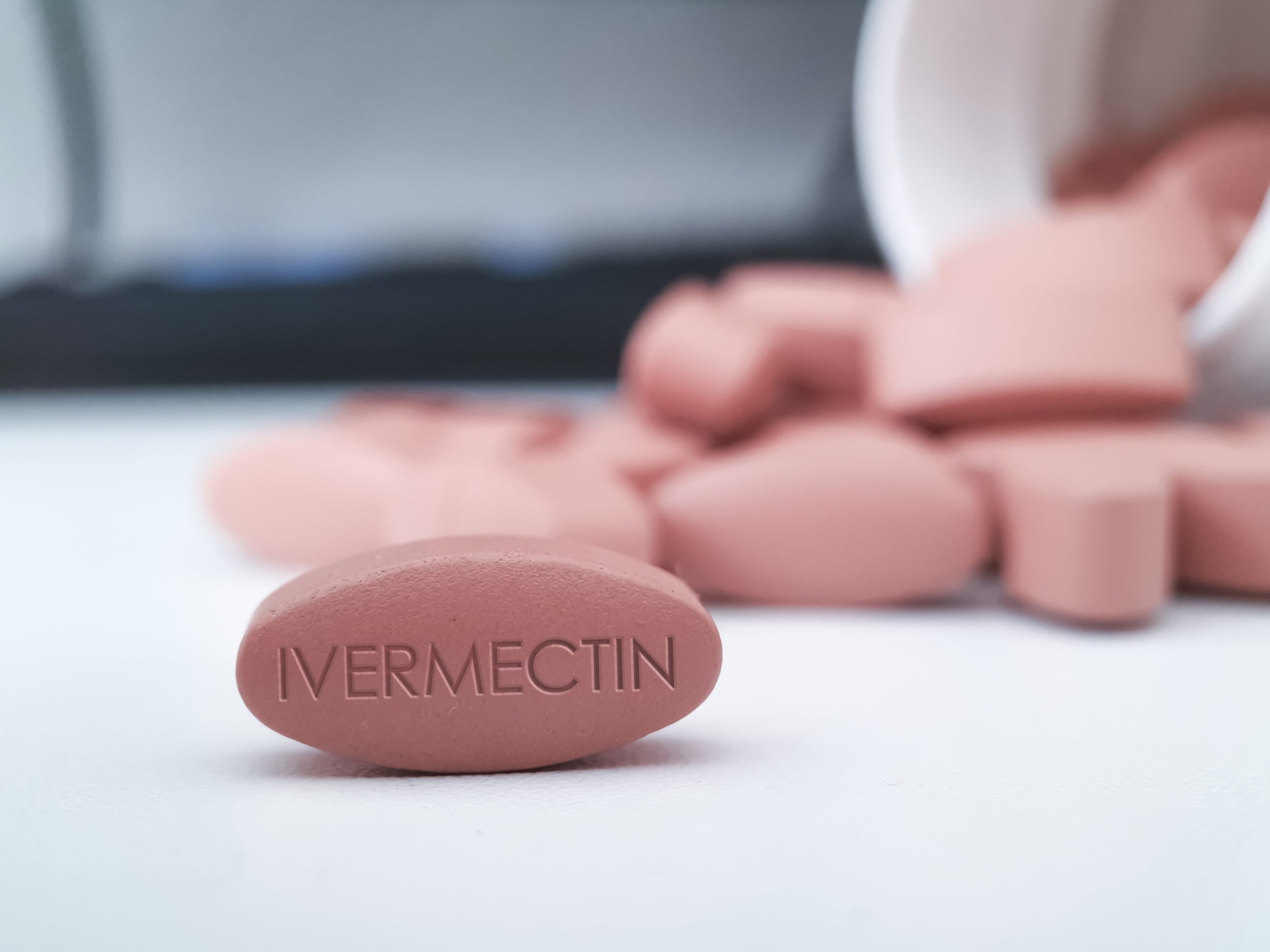Ivermectin, a common anti-parasitic drug, has become the center of dangerous health misinformation that has led people to ignore proven medical treatments in favor of unproven remedies, with some patients experiencing serious side effects from self-medication.
At a Glance
- Ivermectin has been falsely promoted as a “miracle” treatment for COVID-19 despite major health authorities finding no convincing evidence for this use
- A BBC investigation found serious errors or potential fraud in over one-third of studies supporting ivermectin for COVID-19
- Poison control centers have reported increased calls related to ivermectin misuse during the pandemic
- Self-medication with ivermectin can lead to dangerous side effects and delay effective treatment
- The FDA, WHO, and other major health organizations do not recommend ivermectin for COVID-19 outside of clinical trials
The Rise of Ivermectin Misinformation
Since the early days of the COVID-19 pandemic, ivermectin has gained unwarranted popularity as an alternative treatment despite lacking scientific support. Originally developed to treat parasitic infections in humans and animals, the drug became the subject of widespread misinformation on social media and alternative news sources. This phenomenon gained momentum particularly among vaccine-skeptical groups who promoted ivermectin as a safer alternative to COVID-19 vaccines and established medical protocols.
The spread of this misinformation has had real consequences. Medical facilities have reported treating patients suffering from ivermectin overdoses, and health authorities have expressed concern about people delaying proper medical care while self-medicating. Despite consistent messaging from major health organizations including the FDA, WHO, and EMA that ivermectin should not be used for COVID-19 outside of clinical trials, false claims about its effectiveness continue to circulate widely.
Grok,
is there any truth to the following post? On this day 3 years ago Facebook William Ronald Yee Shared with Your friends Fact Check: Treatment with Ivermectin Is Associated with Decreased Mortality in COVID-19 Patients: Analysis of a National Federated Database Efimenko et…— Kai Chiu (@KaiChiu1947) March 9, 2025
Flawed Research and Fabricated Data
Much of the confusion surrounding ivermectin stems from problematic research. A BBC investigation revealed troubling issues in ivermectin studies, discovering that over a third of the 26 major trials supporting its use for COVID-19 contained serious errors or signs of potential fraud. Independent scientists examined these studies and found no convincing evidence that ivermectin prevents COVID-19 deaths. Several influential studies from Egypt, Lebanon, and Iran were later found to have significant methodological flaws or potential data manipulation.
Problems identified in these studies included the repeated use of the same patient data, non-random patient selection, incorrect statistical calculations, and in some cases, signs of data fabrication such as impossible numbers and identical patient records. The Together trial from McMaster University, considered the largest high-quality study on the topic, ultimately found no benefit of ivermectin for treating COVID-19, contradicting the claims made by ivermectin advocates.
Health Risks of Ivermectin Misuse
While ivermectin is generally safe when used as prescribed for its approved indications, misuse can lead to serious health complications. The FDA has received multiple reports of patients requiring medical attention, including hospitalization, after self-medicating with ivermectin intended for livestock. Symptoms of overdose can include nausea, vomiting, diarrhea, low blood pressure, allergic reactions, dizziness, problems with balance, seizures, coma, and even death.
Perhaps the greatest danger lies in the false sense of security that unproven treatments provide. Individuals who believe they are protected or treated by ivermectin may delay seeking proven medical care for COVID-19 or other serious conditions. This scenario underscores one of medicine’s fundamental principles: “first, do no harm.” When patients turn to unproven treatments based on misinformation, this principle is compromised, potentially leading to worse health outcomes.
Combating Medical Misinformation
The ivermectin controversy highlights the broader challenge of medical misinformation in the digital age. Social media platforms have struggled to balance free speech considerations with the need to prevent harmful health misinformation. Health organizations have responded by increasing educational outreach about COVID-19 treatments and creating dedicated resource pages to address common misconceptions about drugs like ivermectin.
Medical experts emphasize the importance of consulting healthcare providers before taking any medication and using trusted sources for health information, such as the CDC, WHO, and academic medical centers. For adults over 40, being particularly vigilant about health information is crucial, as this demographic may be especially targeted by misleading health claims. By recognizing red flags like promises of miracle cures, anecdotal evidence, and claims that contradict major health authorities, individuals can better protect themselves from harmful misinformation.
Sources:
https://academic.oup.com/ofid/article/9/2/ofab645/6509922








